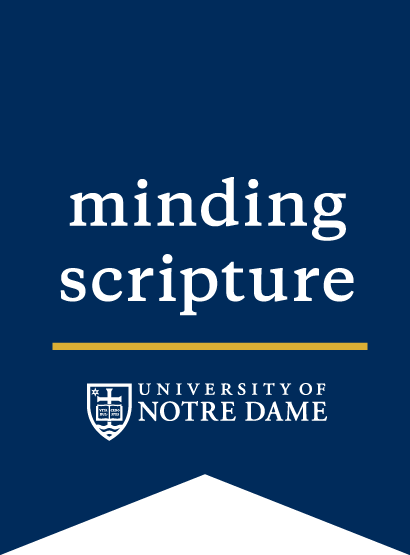Show Notes
Join host Tzvi Novick and guest professor Gary Anderson, Notre Dame professor of Christianity and Judaism in Antiquity, to explore conceptions of sin as expressed within Jewish and Christian scripture. What does it mean to explore the history of sin? How well, or poorly, do Biblical representations and metaphors relate to our modern understanding and assumptions?
As Anderson explains, there is a discernible linguistic and conceptual shift in the metaphors for sin found in the Old Testament. During the First Temple Period, sin was primarily referred to as a weight or burden; however, this metaphor transitions into that of a debt, which bears monetary and generational significance. Other images, such as the stain, suggest indelibility. It is possible to speak of an underlying idea of sin which could be a criterion to judge whether a certain metaphor is better than another? Further, were these images for sin merely understood metaphorically, or did they bear metaphysical reality?
Finally, how does the Jewish understanding of sin relate to the Christian conception of Christ as the Redeemer and the development of the language of charity? Would charity in the New Testament and beyond acquire its importance mainly as a corollary to sin? While one must be careful not to impute anachronistic social and political meaning to the metaphors Jesus used to describe his mission, this linguistic field allowed the Christian tradition to make observations about deprivation and debt on both spiritual and social planes. Tune in to discover how attentivity to the descriptions of sin found in Jewish scripture is productive for understanding what is being communicated by Christ in the New Testament and the Christian tradition.
Further Resources:
——. Sin: A History. New Haven: Yale University Press, 2009.—–. The Genesis of Perfection: Adam and Eve in Jewish and Christian Imagination. Louisville, Kentucky: Westminster John Knox Press, 2002.
Ricoeur, Paul. Translated by Emerson Buchanan. The Symbolism of Evil. Boston: Beacon Press, 1986.
Featured Guest

Professor Gary Anderson, Hesburgh Professor of Catholic thought at the University of Notre Dame, specializes in Christianity and Judaism in antiquity. While his research explores all dimensions of Biblical studies, he focuses mainly on the Hebrew Bible and its history of interpretation according to Second Temple Judaism and early Christian sources.
Professor Gary Anderson
Hesburgh Professor of Catholic thought, university of notre dame
IMAGE CREDIT: Wiki Creative Commons
